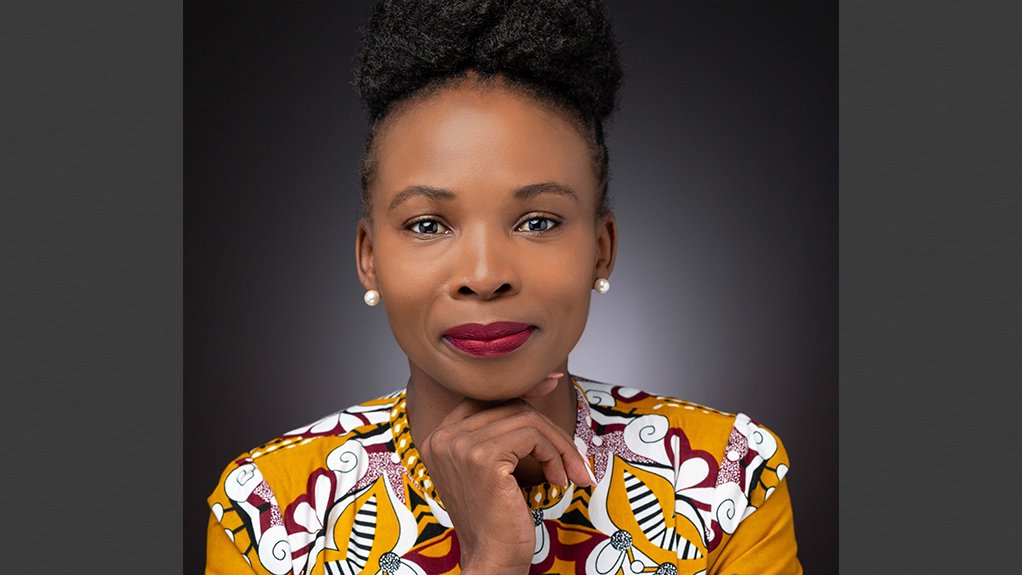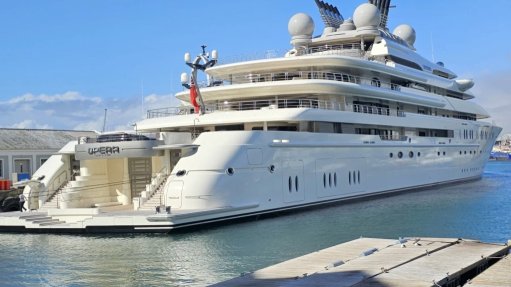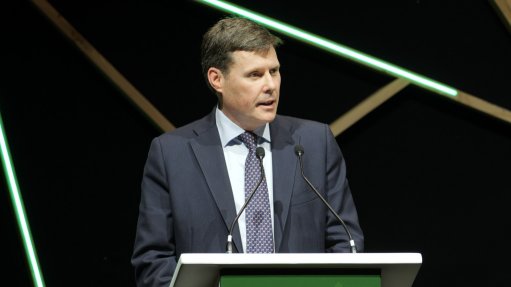Rail industry body calls for independent infrastructure manager
The imminent announcement of an infrastructure manager (IM) to oversee the implementation of the National Rail Policy is an important step in the revitalisation of South Africa’s freight rail future, but unless this IM is independent and impartial, rail reform is “doomed”, warns industry body the African Rail Industry Association (ARIA).
ARIA CEO Mesela Kope-Nhlapo warns that if it is Transnet Freight Rail’s (TFR’s) intention to create an IM position as a part of TFR by October this year, it is against the spirit and intent of the National Rail Policy.
“The National Rail Policy of 2022 states that there should be a split between infrastructure and train operations to facilitate third-party access across the network. Transnet is trying to be both a participant and manager in this process, and it is not going to work out well,” she says.
Kope-Nhlapo says the National Rail Policy is explicit when it comes to the role-players in the rail reform process.
“There are three distinct roles: asset owner which is the government, directly or indirectly via Transnet; the IM, which is the entity responsible for the management of the railway network and corridors; and train operating companies which include TFR, the Passenger Rail Agency of South Africa (PRASA) and private third-party companies.
“From this proposed structure it should be self-evident that independent, competent and well-funded infrastructure managers will attract private sector investment into South Africa’s failing rail infrastructure and ensure equitable private sector participation,” she says.
Kope-Nhlapo notes that commercially viable investment by the private sector in the rail network and rolling stock is vital to stimulate development and create meaningful reform that will allow freight railway transportation to take its meaningful place once again in the country’s supply chains, make a considerable contribution to gross domestic product and create employment.
“The decline of TFR and PRASA has seen the rail ecosystem decimated over the past decade, to the detriment of South Africa’s core railway capabilities. Additionally, the lack of railway network maintenance in recent years adds urgency to the appointment of an independent, impartial IM.
“Simply put, the revitalisation of our freight rail network is entirely dependent on this. If it does not happen, there will be no private sector investment into the freight sector,” Kope-Nhlapo says.
“However, now that the government has laid the foundation for a unique partnership between the State and private sector, it must also implement the policy fully to allow the much-needed private sector capital to flow into the railways,” she adds.
Kope-Nhlapo says ARIA believes that several following principles are critical to the rail reform process and must be properly addressed, including that interoperability between the infrastructure management functions for concessioned or leased railway lines and Transnet and PRASA lines needs to be established.
Moreover, it posits that the IM function that looks after core elements of the TFR and PRASA railway systems needs to be completely independent; and the principles of fair and equitable access across all lines to all operators (private and public) in the country must be required of all infrastructure managers.
Further, ARIA says compliance will be enforced by the future single transport economic regulator, as tariff and penalty regimes will, therefore, be managed transparently.
Lastly, it says that the infrastructure managers must attain and maintain safe operating standards as enforced by the Rail Safety Regulator.
Article Enquiry
Email Article
Save Article
Feedback
To advertise email advertising@creamermedia.co.za or click here
Comments
Press Office
Announcements
What's On
Subscribe to improve your user experience...
Option 1 (equivalent of R125 a month):
Receive a weekly copy of Creamer Media's Engineering News & Mining Weekly magazine
(print copy for those in South Africa and e-magazine for those outside of South Africa)
Receive daily email newsletters
Access to full search results
Access archive of magazine back copies
Access to Projects in Progress
Access to ONE Research Report of your choice in PDF format
Option 2 (equivalent of R375 a month):
All benefits from Option 1
PLUS
Access to Creamer Media's Research Channel Africa for ALL Research Reports, in PDF format, on various industrial and mining sectors
including Electricity; Water; Energy Transition; Hydrogen; Roads, Rail and Ports; Coal; Gold; Platinum; Battery Metals; etc.
Already a subscriber?
Forgotten your password?
Receive weekly copy of Creamer Media's Engineering News & Mining Weekly magazine (print copy for those in South Africa and e-magazine for those outside of South Africa)
➕
Recieve daily email newsletters
➕
Access to full search results
➕
Access archive of magazine back copies
➕
Access to Projects in Progress
➕
Access to ONE Research Report of your choice in PDF format
RESEARCH CHANNEL AFRICA
R4500 (equivalent of R375 a month)
SUBSCRIBEAll benefits from Option 1
➕
Access to Creamer Media's Research Channel Africa for ALL Research Reports on various industrial and mining sectors, in PDF format, including on:
Electricity
➕
Water
➕
Energy Transition
➕
Hydrogen
➕
Roads, Rail and Ports
➕
Coal
➕
Gold
➕
Platinum
➕
Battery Metals
➕
etc.
Receive all benefits from Option 1 or Option 2 delivered to numerous people at your company
➕
Multiple User names and Passwords for simultaneous log-ins
➕
Intranet integration access to all in your organisation





















